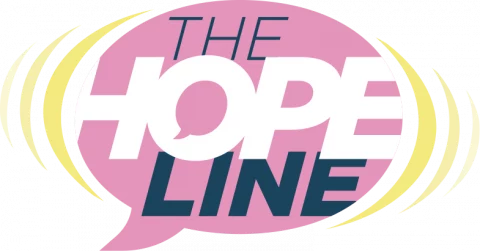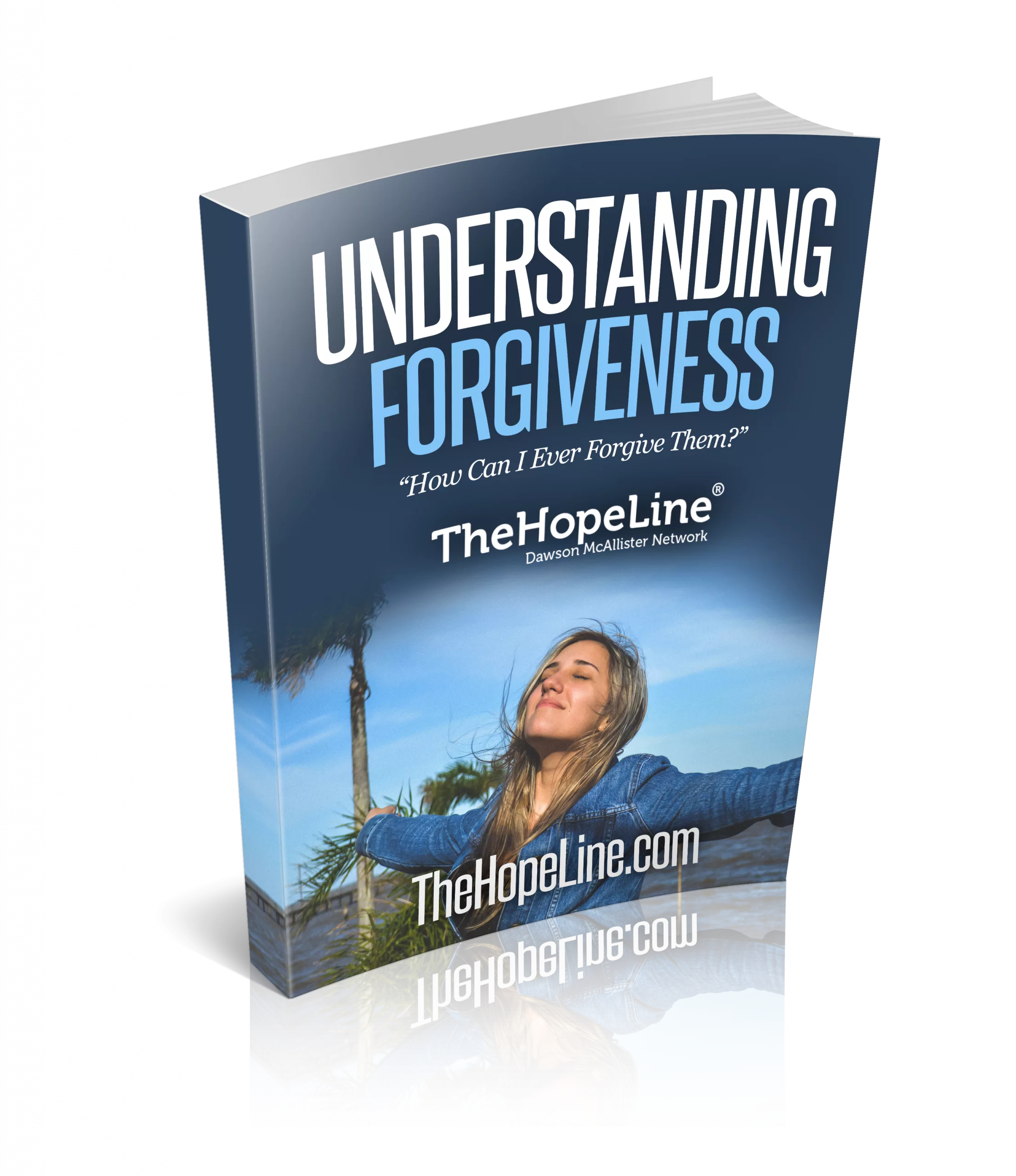“Forgive and forget” is an old adage that sounds nice on the surface, but can be responsible for an unhealthy, harmful concept of forgiveness. Why? Forgiving others is not about pretending nothing ever happened, or acting like something painful doesn’t bother you.
Forgiveness isn’t an excuse for toxic relationships, or a pass for abusive behavior. It’s okay to remember something that caused you pain and to feel that pain when you’re around the person who wronged you. In fact, it’s natural. Feeling pain doesn’t mean you haven’t forgiven, or that you will be unable to forgive.







 Privacy Policy / Terms of Use
Privacy Policy / Terms of Use